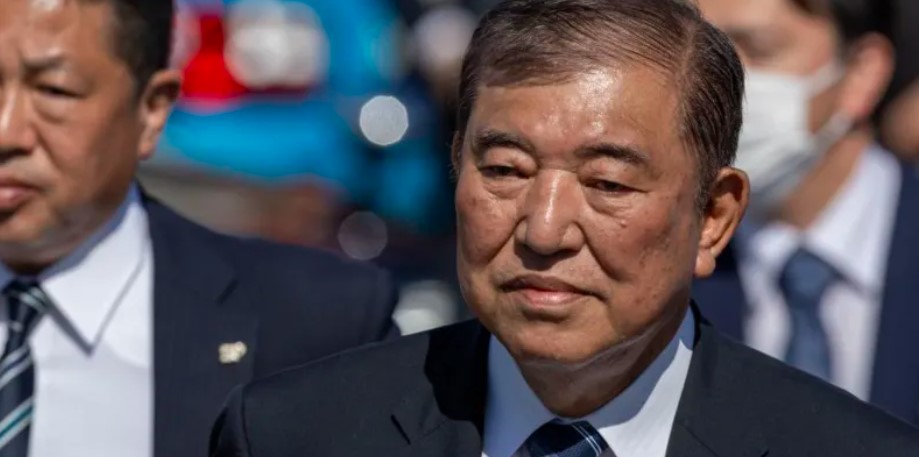
Japan’s ruling Liberal Democratic Party (LDP) and its coalition partner Komeito have lost their majority in parliament, marking their worst election result in over a decade. Together, the coalition secured only 215 seats, falling short of the 233 needed for a majority. Prime Minister Shigeru Ishiba, who assumed office shortly before calling the election, vowed to stay in power despite the setback describing the outcome as a “severe judgment” from voters.
Ishiba acknowledged the public’s dissatisfaction and promised reforms, particularly around political funding as well as policies to revitalize rural areas and address inflation. The LDP has been hit by multiple scandals, including its association with the controversial Unification Church and a high-profile political fundraising corruption investigation. These controversies have eroded the party’s approval which dipped below 20% earlier in the year.
Ishiba expressed his commitment to addressing these issues, calling reform his way of taking responsibility for the party’s performance. Despite this loss, the main opposition, the Constitutional Democratic Party (CDP) which won 148 seats has struggled to convince voters of its viability. The CDP’s approval rating stood at only 6.6% before the election and many citizens remain skeptical, noting the lack of clear alternatives.
Long-time LDP supporter Miyuki Fujisaki pointed out the opposition’s unclear agenda while others expressed frustration over the political climate and the economy. Economic hardship remains a significant concern with many Japanese struggling to cope with rising prices and stagnant wages. The yen has weakened and inflation has reached its highest level in decades, impacting essential items like food and utilities.
Citizens like Michiko Hamada and Chie Shimizu voiced discontent over the increasing costs, emphasizing the challenge of maintaining their standards of living amid Japan’s ongoing economic challenges.


